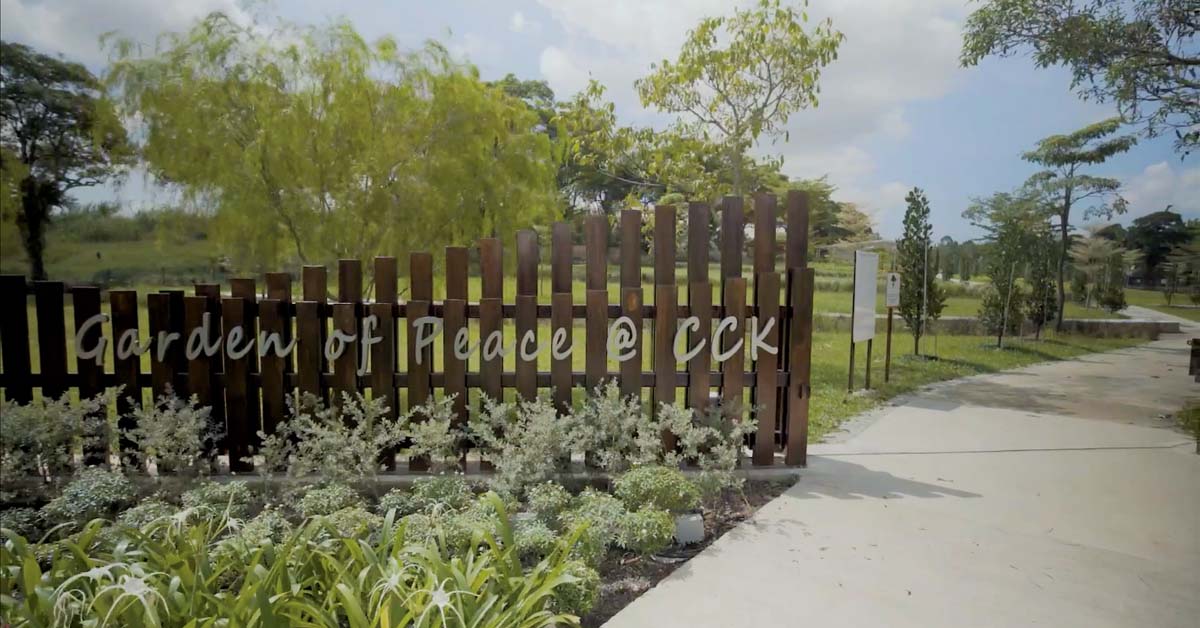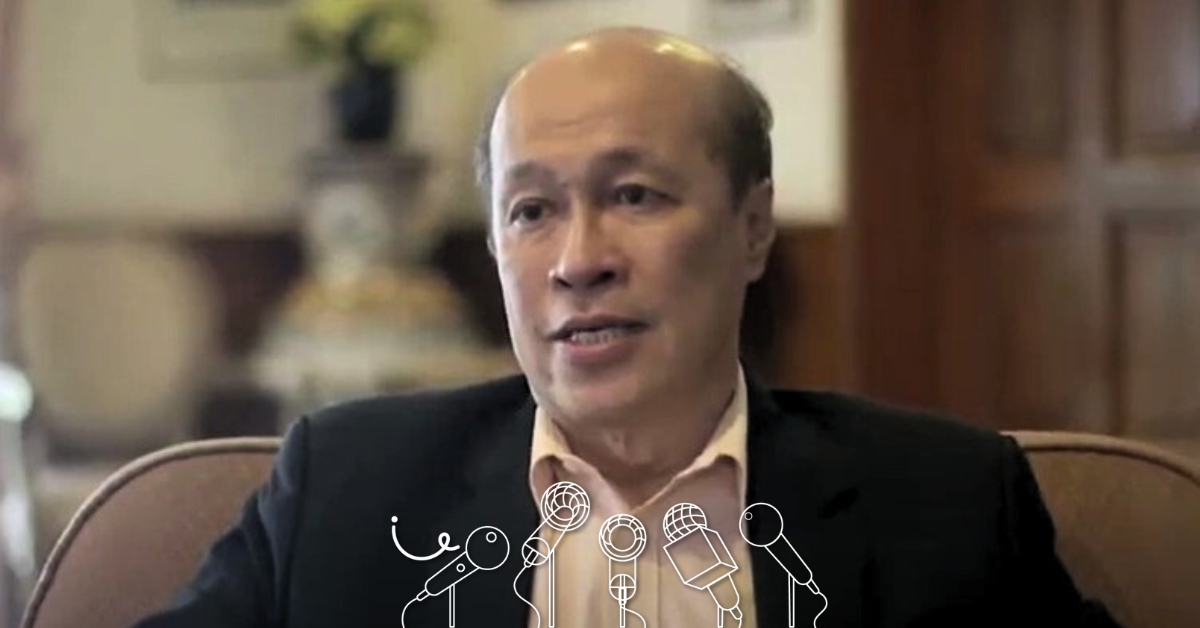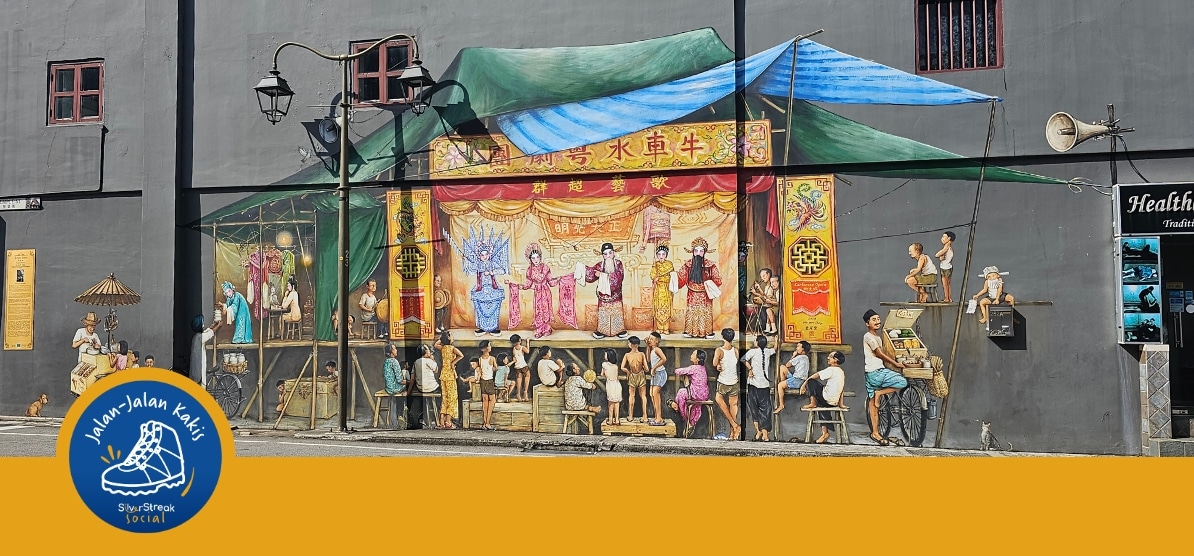
Many of Singapore’s silvers looking to retire outside of the usual suspects like Johor Bahru link or Thailand are drawn to New Zealand – for good reason. The country boasts stunning landscapes; a pleasant, temperate climate; friendly and largely English-speaking locals; and lots of farm-fresh produce. Plus, there’s that much vaunted slower pace of life, a stark contrast to frenetic Singaporean living in the big (small) city.
But is immigrating to the land of the Kiwis all that it’s cut out to be? How does it fare in terms of cost of living, medical facilities, political stability and safety?
Is life really all that leisurely – and is that even a good thing?
Well, it all boils down to the kind of retirement you’d like to have, says Titus Foo, a silver psychotherapist and positive psychology educator by training who spent a good 10 years living in Auckland in his 60s – before packing up and heading right back to Singapore (more on that later).
Read on for the lowdown on life as a Singaporean semi-retiree in New Zealand, along with some useful tips on immigrating to the country.
Advertisement
Retirement in New Zealand - Serenity now
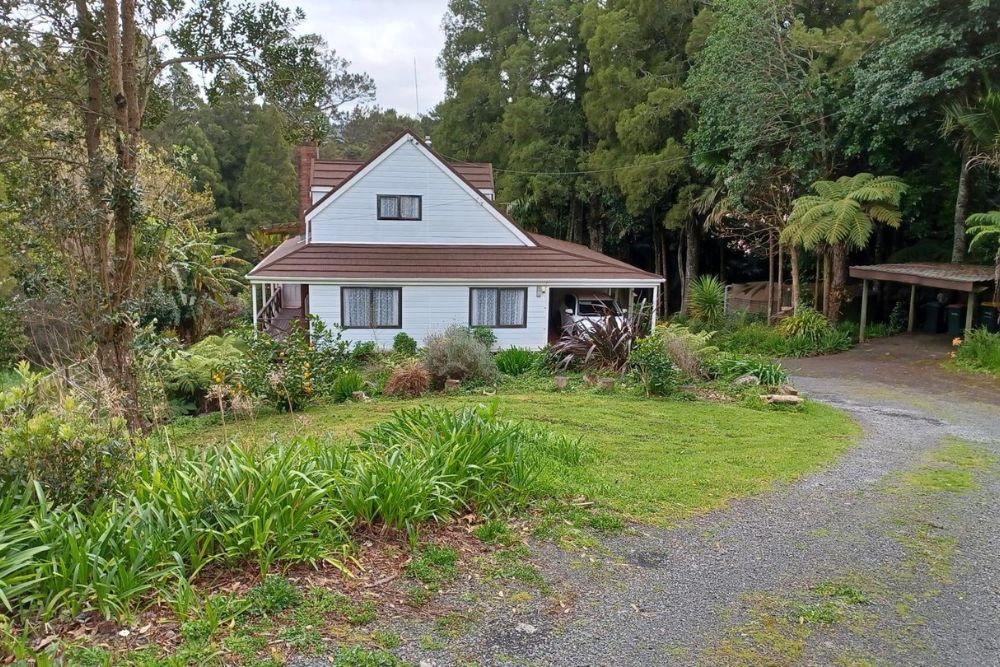
Let’s start with the tangible benefits of retiring in New Zealand.
The cost of living there is relatively low, says Titus, thanks to the abundance of land and sparse population. Housing, even in major cities, “will definitely be cheaper than Singapore”, especially if you’re willing to head for the outskirts or even the countryside.
Meat and fresh produce are generally affordable, even with New Zealand’s famed ovine herds now hovering at around 25.3 million (as of a national census in 2022) down from a wool-raising 70 million back in the ’80s, as the country still boasts plenty of arable farmland and pasture for animal rearing.
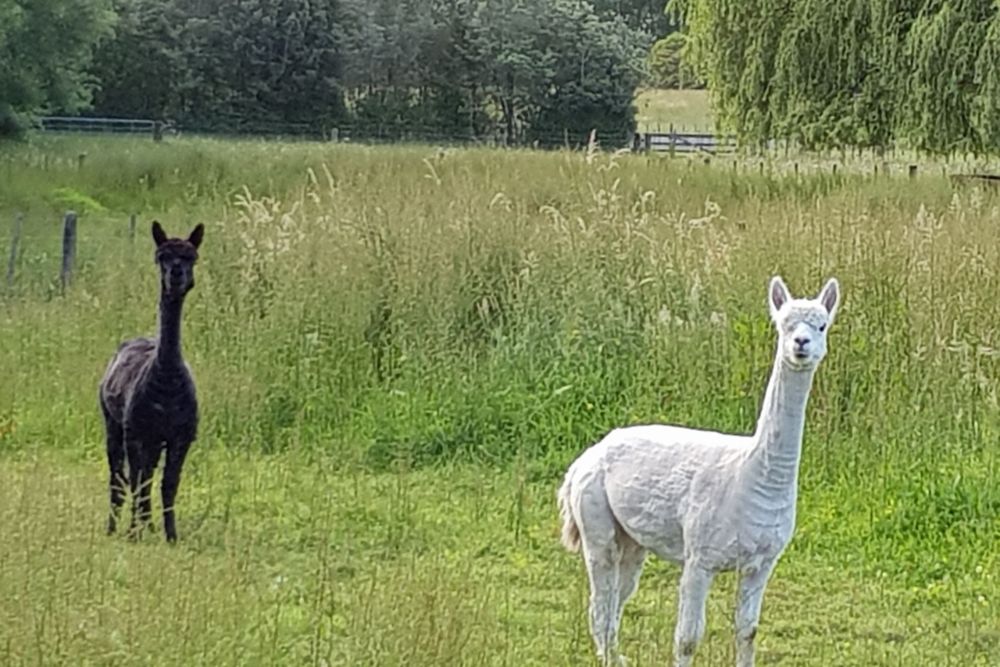
Meanwhile, the country’s healthcare system ranked 17th in the World Index of Healthcare Innovation 2022, which rates systems across four dimensions of quality, choice, fiscal sustainability and science & technology. This placed it behind world leader Switzerland, next-door neighbour Australia (5th) and Singapore (10th), but ahead of South Korea (18th) and Japan (26th).
More importantly, New Zealand has enacted universal healthcare since 1938, meaning that all medical treatment is free for both citizens and permanent residents. The visa for the latter is “quite easily achievable for anyone who’s already working there” thanks to realistic criteria, says Titus.
Other benefits useful to retirees like superannuation – New Zealand’s universal government pension – are available to permanent residents too, so long as they’ve stayed for at least 10 years prior to 65 when it kicks in.
This means that a great mental burden is lifted for people retiring here, as they mostly don’t have to worry about costs at all,
says Titus.
"It also provides peace of mind for their kids back home (laughs)."
Then comes the intangible benefits of living in a vast country like New Zealand. The entire 270,000sqkm country houses a population of just over five million people. Compare this to Singapore, which packs 5.6 million onto an island with just 734sqkm of total land area.
It's a very big place. Entertainment is hard to come by. You have to find friends and do activities with them – play chess, cook food and visit each other, go hiking. Don’t expect to find much entertainment around. New Zealand is for the adventurous.
He says,
That said, that sparsity also means an escape from the hustle and bustle of city life.
The sound of construction is omnipresent in Singapore. We are always redeveloping, and the sheer volume of noise is sure to take a toll on your mental state,
says Titus wryly.
"In New Zealand, you can literally hear the birds chirping as you walk down the street. Even in middle of town, the number of cars can't match Singapore’s."
The less rosy side of retirement in New Zealand
Yet, sparsity can be a double-edged sword for retirees.
The vast, pristine landscapes of New Zealand necessitate a driver’s license and the willingness to use it.
If you live within the city, you can still get away without a car. Outside of the city – forget about it. You need to have a car, and you must be mobile,
says Titus.
Responses to medical emergencies would also naturally take longer the further out you live from the city.
As for silvers who prefer dining out to cooking, they might find retiring in New Zealand prohibitive as the cost of an average meal goes for upwards of “$20 a plate”, though the silver adds that portions are generally huge enough to feed light eaters for two meals or more.
Moreover, it isn’t as easy to snag a retirement visa as it is to obtain a working one. Seniors who wish to immigrate to New Zealand are required to be above 66 years of age; have NZ$750,000 (~ S$621,500) to invest in the country for two years; have NZ$500,000 (S$414,300) of maintenance funds to live on; and earn an annual income of NZ$60,000 (S$49,720).
Retirement in New Zealand: Yes or no?

Titus, having long attained his permanent resident visa, could’ve stayed in New Zealand for retirement.
So why did he end up moving back to Singapore in 2023? Well, it was a personal decision for him to keep working.
After my wife passed on, I was faced with the choice of moving to a retirement village with other elderly to take care of each other, or to come back and work until I’ve had enough,
he says.
"I decided to work first, while I’ve still got the energy."
In any case, the door wasn’t shut, as his PR status allows for indefinite re-entry to New Zealand anyway.
If you can, stay for a few years in each country. There’s no way to know if you’ll like it until you’ve lived there yourself for a substantial amount of time.
For seniors lucky enough to have the means to choose where they want to retire, he advises,



